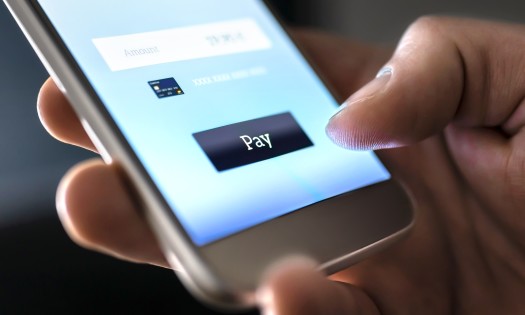How Quickly Should I Pay Off My Loans?

If you're currently paying off a loan, you may wonder whether it's better to pay off your debts quickly or gradually. While there's no straightforward answer to this question, there are several factors that you should consider when deciding which loan repayment strategy is best for you. Some people prefer to pay off their loans quickly to avoid accruing interest, while others find that spreading out payments over a longer period is more manageable.
Here is How Quickly You Should Pay Off Your Loans
This article will discuss the pros and cons of both loan repayment strategies. Some tips are provided to help you decide which option suits your specific financial situation. Whether you're dealing with student loans, a mortgage, or any other type of debt, this will help you make informed decisions about paying off your loans and achieving financial freedom.
Paying Off Your Debt Early Usually Saves You Money
One of the primary reasons why people choose to pay off their loans quickly is to save money in the long run. When you pay off your loans early, you can avoid accruing additional interest, which can add up to a significant amount of money over time.For example, if you have a $10,000 loan with a 5% interest rate and a 10-year repayment term, you'll end up paying a total of $12,748 over the life of the loan. However, if you pay off the loan in just five years instead of 10, you'll only pay a total of $11,616, saving $1,132 in interest.Another benefit of paying off your loans early is that you can free up more money in your budget for other expenses. When you're no longer making monthly loan payments, you'll have more cash for savings, investments, or even a fun vacation. This can be especially beneficial if you want to build up your emergency fund or invest in your future.
Of course, paying off your loans early also has some downsides. You'll need significant extra cash on hand to make extra payments towards your loans. This can be difficult if you're already living paycheque to paycheque or have other financial obligations.Additionally, some loans may have prepayment penalties, making it more expensive to pay off your debts early. Before you make extra payments towards your loans, check with your lender to see if there are any penalties or fees you'll need to pay.Beware of Penalties, Precomputed Interest, and More

Finally, it's important to remember that paying off your loans early is only sometimes the best strategy. If you have other financial goals that you're trying to achieve, such as saving for retirement or building up an emergency fund, it may be more beneficial to focus on these goals instead of paying off your loans early.
Additionally, if you have other high-interest debts that you're carrying, such as credit card debt, it may make more sense to pay off these debts first before you focus on your loans.What are my Other Alternatives to a Loan?

Credit cards
If you only need to borrow a small amount of money, using a credit card may be more cost-effective than taking out a loan. Many credit cards offer introductory 0% APR periods, allowing you to finance your purchase or debt without paying interest. But make sure to keep your repayments current to avoid high-interest charges.Personal lines of credit
A personal line of credit is a type of revolving credit that works similarly to a credit card. You'll be able to borrow money as you need it and only pay interest on the amount you borrow. This can be a good option if you need to figure out exactly how much money you'll need to borrow.Peer-to-peer lending
Peer-to-peer lending platforms allow you to borrow money from other individuals instead of traditional lenders. This can be a good option if you have a low credit score or don't qualify for a traditional loan. However, it's important to know that interest rates on peer-to-peer loans can be higher than those on traditional loans.Should I Get a Cash Advance Instead of a Loan?

Download the App Today
Wagetap, one of Australia's leading wage advance apps, offers flexible repayment options depending on your circumstances and preferences.You can repay early, you can delay your repayment by one pay cycle via the app, or you can choose to split your repayments for loans valued over $100. There are also no hidden fees or late fees. Each transaction has a 5% withdrawal fee and an interest fee of 24% p.a. If you withdraw $100, the fee will be $5. The processing fee depends on the loan size and when you repay your loan. This can vary but is typically between 40c to 90c.App StoreFor additional help, you can always download Wagetap. It is a leading wage advance and bill split app that allows you to access your pay early. Emergencies can always happen, and Wagetap can help you handle life's unexpected expenses.
For additional help in improving your spending habits, you can always download Wagetap. It is a leading wage advance and bill split app that allows you to access your pay early. Emergencies can always happen and Wagetap can help you handle life's unexpected expenses.
Share this post
Download Wagetap today
Get your Pay On demand with Wagetap
Subscribe to our Newsletter

© 2024 Wagetap All rights reserved
Digital Services Australia V Pty Ltd


